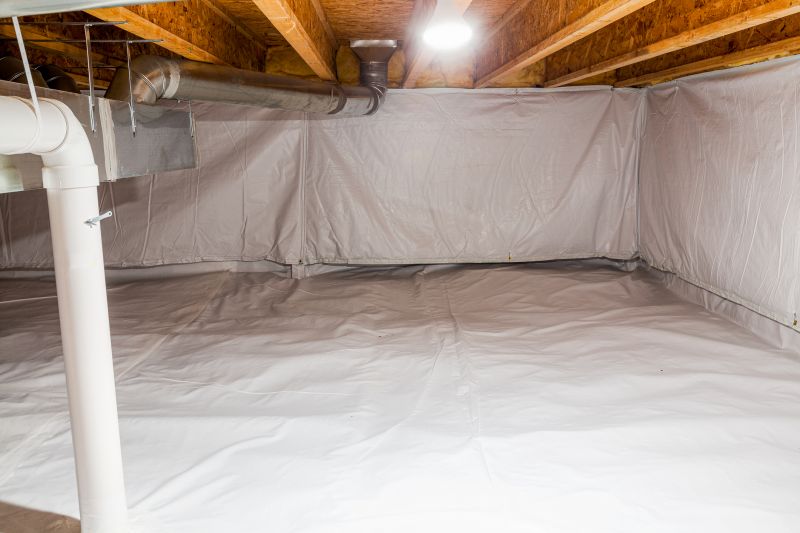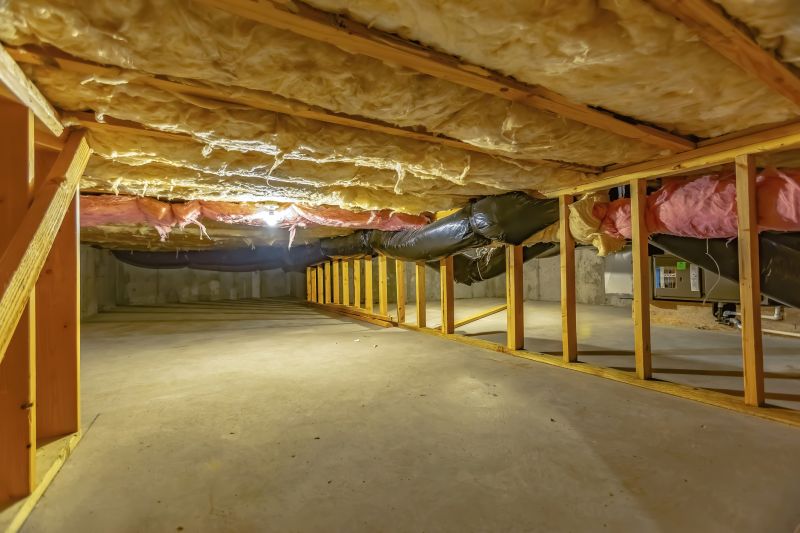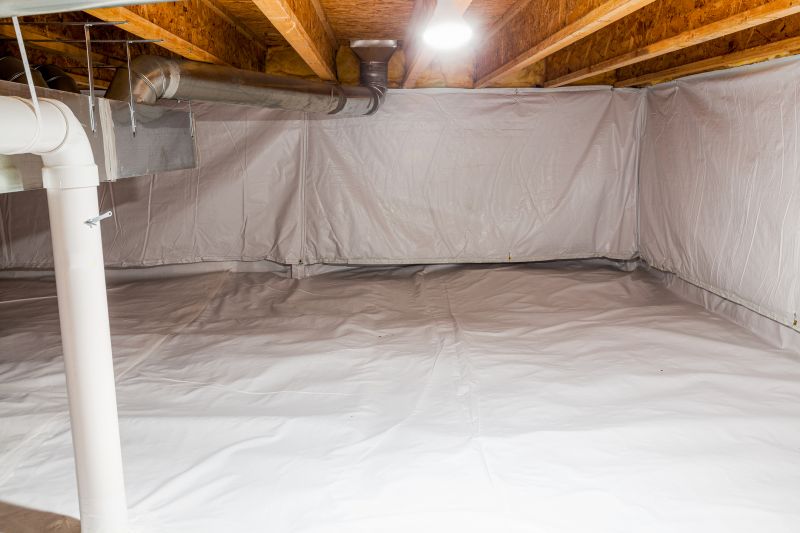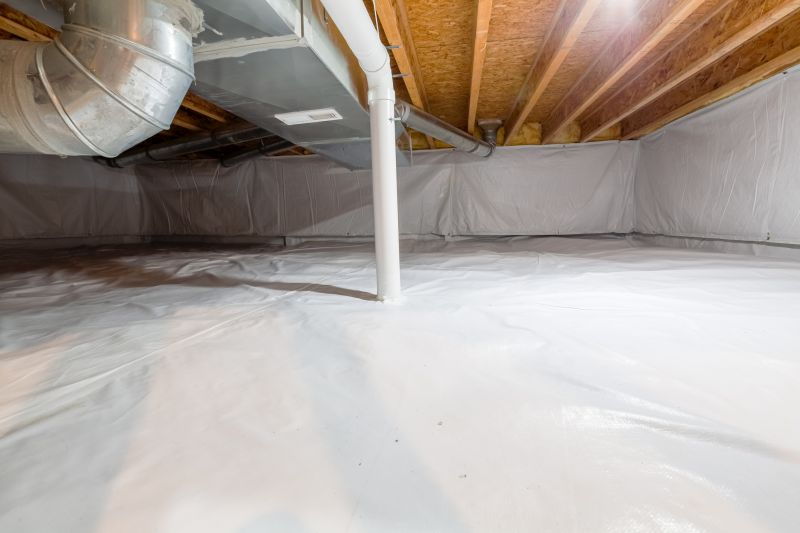Transform Your Crawlspace for Better Indoor Air Quality
Crawlspace encapsulation is a critical process that enhances home health by sealing the space beneath a property. Proper encapsulation prevents moisture intrusion, reduces mold growth, and improves indoor air quality. This service is essential for homeowners seeking to protect their investment and promote a healthier living environment.
Encapsulation effectively seals out moisture, preventing mold and wood rot that can compromise structural integrity.
A sealed crawlspace reduces energy costs by maintaining consistent temperatures and improving heating and cooling efficiency.
Reducing mold and dust mites in the crawlspace minimizes airborne allergens, contributing to better indoor air quality.

A finished encapsulation with durable vapor barrier and sealed vents.

Interior view showcasing insulation and moisture barrier installation.

Professional equipment used to ensure proper sealing and insulation.

A clean, sealed crawlspace ready to protect the home.
Failing to encapsulate a crawlspace can lead to significant issues such as increased mold growth, wood rot, and higher energy bills. Unsealed crawlspaces allow moisture and pests to enter, which can deteriorate the foundation and compromise indoor air quality. Statistics indicate that homes with unencapsulated crawlspaces often experience up to 20% higher energy costs and are more prone to mold-related health problems.
| Benefits of Crawlspace Encapsulation | Risks of Not Encapsulating |
|---|---|
| Improved Indoor Air Quality | Increased mold and allergen growth |
| Reduced Energy Costs | Higher heating and cooling expenses |
| Protection Against Pests | Insect and rodent infestations |
| Enhanced Structural Integrity | Wood rot and foundation damage |
| Moisture Management | Persistent dampness and musty odors |
| Lower Maintenance Needs | Frequent repairs due to moisture damage |
| Increased Home Value | Decreased property appeal without encapsulation |


